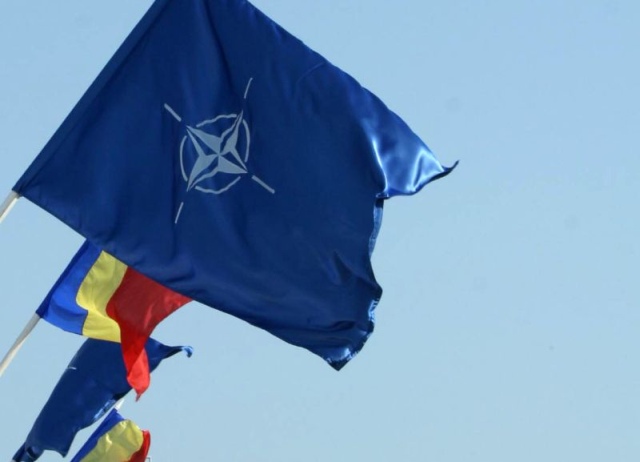Romania and NATO’s Rapid Reaction Force
NATO will set up six new command posts on its eastern borders and create a 5,000-strong rapid reaction force in an effort to show resolve and solidarity in the face of what the alliance brands Russian aggression in Ukraine.

Mihai Pelin, 06.02.2015, 14:01
Romania is among the countries on NATO’s eastern border to host command and control centers, where military personnel from Romania and other member states will activate. The NATO defence ministers took this decision on Thursday, in Brussels, to counteract Russia’s increasingly aggressive actions in Ukraine. Similar NATO command centers will be set up in Bulgaria, Poland, Estonia, Latvia and Lithuania.
These multinational structures represent the materialization of a decision made at the 2014 summit about ensuring a visible and persistent NATO presence on the territory of other allied countries. Both the Alliance and the member states will finance these units. According to NATO Secretary General Jens Stoltenberg, this is the biggest reinforcement of the Alliance’s collective defence since the end of the Cold War. Stoltenberg has hailed Romania’s intention to host the two multinational command and control structures.
Jens Stoltenberg: “Romania is among the six countries to host command and control units that will become operational right away. These units will play a vital role in case of emergency. There will be both ground and air forces and we will work on improving the way in which they operate within the Spearhead Force.”
NATO’s latest decisions have been prompted by Russia’s aggressive actions, which broke the international law and annexed Crimea, Stoltenberg has also said.
Romanian President Klaus Iohannis hailed the decision and said authorities would do their best to help set up the two command units. The two centres in Romania will start being implemented in 2015 and will be placed at NATO disposal as of 2016. Military personnel from Great Britain, USA, Canada, Bulgaria, Turkey and Poland will come to Romania.
In his turn, Romanian Defence Minister Mircea Dusa talked about the importance of the decisions taken in Brussels: “After joining NATO in 2004, the measures approved today for Romania are very important, we might say even historical, for re-enforcing the NATO and EU eastern border. “
5,000 military will be dispatched in the six countries on NATO’s eastern border. Some elements of the new force will be able to deploy to a flash point with 48-hours notice, with the rest being able to move in a week, much faster than current NATO response times.
Great Britain will play a leading part in the NATO Rapid Response Force in Central and Eastern Europe and will send troops to Romania and Poland. Great Britain will send 1,000 military personnel and four Typhoon fighter planes for the new rapid response force. We recall that Romania hosts 2 Romanian- American military bases in Mihail Kogalniceanu and Deveselu, where 500 American soldiers have been deployed.






























